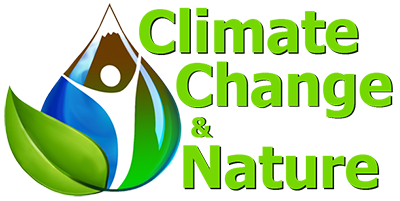Effects: How we know if climate change is causing extreme weather
Image: NASA
Dr Fredi Otto, leading climate scientist and co-lead of World Weather
Attribution (WWA) at Imperial College London, and Laura Tobin, broadcast
meteorologist and weather presenter share stories from their careers shaped
by the rise of extreme weather events, explain the science behind these
phenomena, discuss the real-world impacts they are having on our lives, and
explore how we can better adapt to a rapidly changing climate (Nov. 2024).
Podcast from The Conversation that takes you inside the UN’s era-defining climate report via the hearts and minds of the scientists who wrote it. In this episode, the presenters delve into one of the major shifts in the public communication of climate change: the attribution of extreme weather events to climate change (April 2023).


